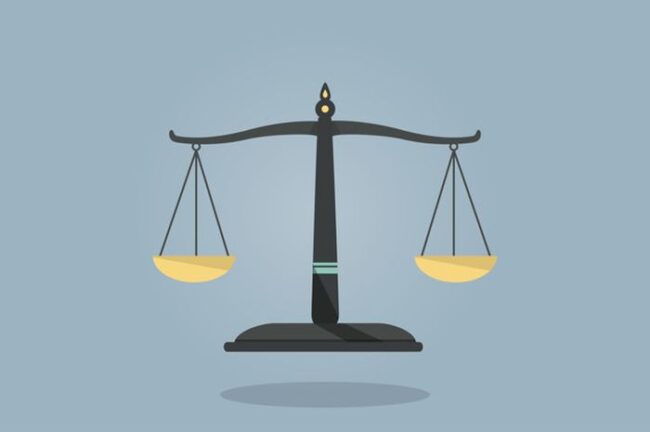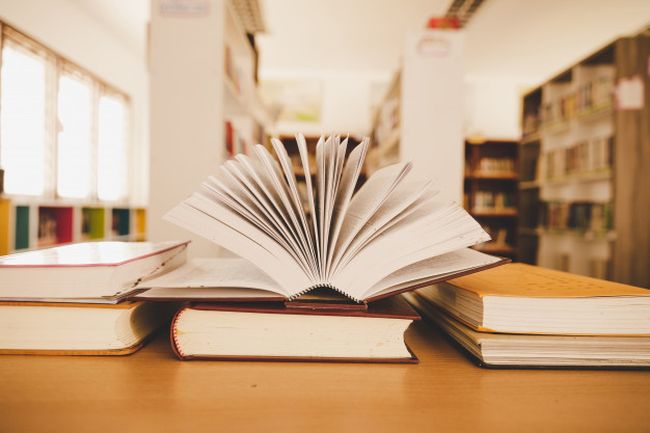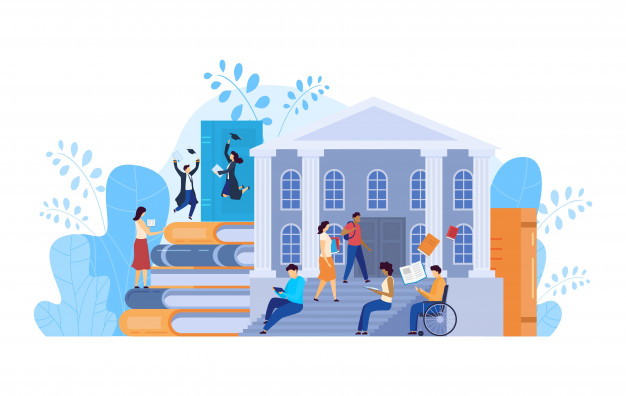Finnish education has long and consistently ranked at the top of all sorts of ratings, which the scale of the article does not allow us to list. However, the most important “prize” of the educational system of the country is worth mentioning: according to international studies, which are conducted every 3 years by the authoritative organization PISA, Finnish students have shown the highest level of knowledge in the world. They also became the most reading children in the world, ranked second in science and fifth in math.
But that’s not even what the global teaching community admires so much. It’s incredible that with such high results, Finnish students spend the least amount of time studying, and that the Finnish state spends very modest resources on its quality and free education compared to many other countries.
In general, there is some mystery, which educators from different countries are trying to solve. Finns do not hide anything and are happy to share their experience, organizing seminars both in their country and around the world.
The 7 principles of Finnish education
1. Equality

-equality of schools
There are neither elite nor “simple”. The largest school in the country has 960 students. The smallest has 11. All have exactly the same equipment, facilities and proportional funding. Almost all schools are public; there are a dozen private-public schools. The difference, apart from the fact that parents pay a partial fee, is the higher requirements for students. As a rule, these are peculiar “pedagogical” laboratories, following the chosen pedagogy: Montessori, Fresne, Steiner, Mortan, and Waldorf schools. Private institutions also include those that teach in English, German, and French.
Following the principle of equality, Finland has a parallel system of education “from kindergarten to university” in Swedish.
The interests of the Sámi people have not been forgotten, in the north it is possible to study in their native language.
Until recently, Finns were forbidden to choose a school, they had to send their children to the nearest one. The ban was lifted, but according to Writemyessay.nyc, most parents still give their children “nearest”, because all schools are equally good.
– equality of all subjects

Deeper study of some subjects at the expense of others is not welcomed. Here it is not considered that mathematics is more important than, for example, art. On the contrary, the only exception for creating classes with gifted children can be aptitude for drawing, music and sports.
– equality of parents
Who are the parents of the child by profession (social status), the teacher will find out last, if necessary. Questions of teachers, questionnaires regarding the place of work of parents are prohibited.
– equality pupils
Finns do not sort pupils into grades, schools by ability or career preference.
There are also no “bad” or “good” students. Comparing students to each other is forbidden. Children, both geniuses and those with great mental deficiencies, are considered “special” and learn with everyone else. Children in wheelchairs are also educated in the general community. A regular school may have a class for students with a visual or hearing impairment. Finns try to integrate into society as much as possible those who need special treatment. The difference between weak and strong students is the smallest in the world.
– equality of teachers

There are no favorites. Teachers, too, do not stick with “their class,” do not distinguish “favorites” and vice versa. Any deviation from harmony leads to the termination of the contract with such a teacher. Finnish teachers should only do their job as mentors.
– equality of rights between the adult (teacher, parent) and the child.
Finns call this principle – “respect for the student”. Children from the first grade are taught their rights, including the right to “complain” about adults to a social worker. This encourages Finnish parents to understand that their child is an independent person who must not be hurt.
2. Free Services

In addition to the training itself, there are free:
– lunches;
– excursions, museums, and all extracurricular activities;
– a school cab (minibus) to pick up and return your child if the nearest school is more than 2 km away;
– textbooks, all stationery, calculators, and even tablet laptops;
Any collection of parental funds for any purpose is prohibited.
3. Individuality
An individualized learning and development plan is prepared for each child. Individualization refers to the content of the used textbooks, exercises, number of class and homework assignments and the time allocated to them, and the material taught: who “spines” is more detailed presentation and who is required to “tops” – briefly about the main points.
4. Practicality

Finns say, “either we prepare for life or for exams. We choose the first one. That is why there are no exams in Finnish schools. Controls and midterm tests are at the teacher’s discretion. There is only one obligatory standard test at the end of secondary school, and teachers do not care about its results, do not report to anyone for it and do not specially prepare children: what is, is good.
5. Trust
First, to school workers and teachers: no inspections, methodologists teaching how to teach, etc. The program of education in the country is unified, but it is only a general recommendation, and each teacher uses the method of education, which he considers appropriate.
Secondly, trust in children: in the lessons you can do something of your own. For example, if an educational film is on in the literature class, but the student is not interested, he can read a book. It is considered that the pupil himself chooses what is more useful for him.
Two other principles are closely connected to this one.
6. Voluntariness

One learns who wants to learn. Teachers will try to draw the student’s attention, but if he or she has absolutely no interest or ability to study, the child will be oriented to practically useful in the future, “uncomplicated” profession and will not be bombarded with “D’s”. Not everyone builds airplanes, someone has to be a good bus driver.
7. Independence
Finns believe that school should teach a child the most important thing – to live a successful life independently in the future.
That is why they teach you to think and to learn for yourself. The teacher does not teach new things, everything is in books. It is important not to memorized formulas, but the ability to use a reference book, text, Internet, calculator – to attract the necessary resources to solve current problems.
Also, school teachers do not interfere with students’ conflicts, giving them the opportunity to prepare for life situations in a comprehensive way, and to develop the ability to stand up for themselves.
